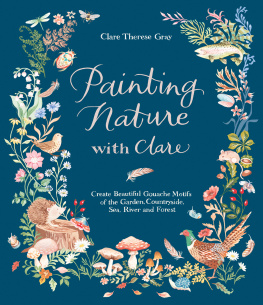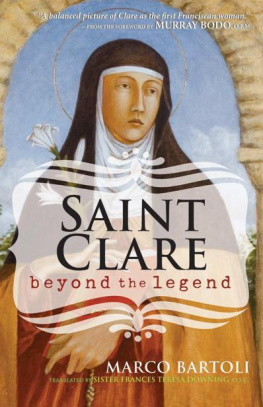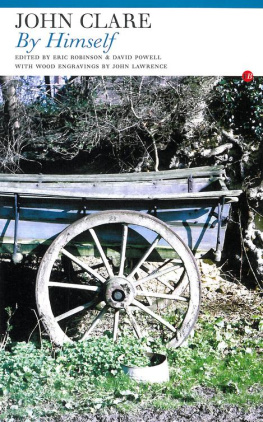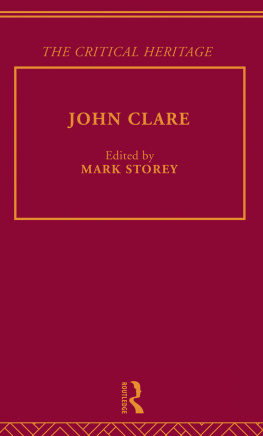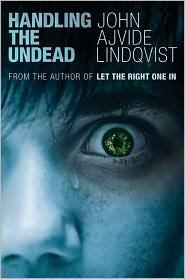John Clare's Guide to Media Handling
Dedication
This book is dedicated to Tessa, who brilliantly combines unstinting, uncomplaining support with incisive critiques which have improved so much of my work, and to Dan, Oliver and India.
John Clare's Guide to Media Handling
John Clare
First published 2001 by Gower Publishing
Paperback edition 2005
Reissued 2018 by Routledge
2 Park Square, Milton Park, Abingdon, Oxon OX14 4RN
711 Third Avenue, New York, NY 10017, USA
Routledge is an imprint of the Taylor & Francis Group, an informa business
Copyright John Clare 2001
John Clare has asserted his right under the Copyright, Designs and Patents Act 1988 to be identified as the author of this work.
All rights reserved. No part of this book may be reprinted or reproduced or utilised in any form or by any electronic, mechanical, or other means, now known or hereafter invented, including photocopying and recording, or in any information storage or retrieval system, without permission in writing from the publishers.
Notice:
Product or corporate names may be trademarks or registered trademarks, and are used only for identification and explanation without intent to infringe.
Publisher's Note
The publisher has gone to great lengths to ensure the quality of this reprint but points out that some imperfections in the original copies may be apparent.
Disclaimer
The publisher has made every effort to trace copyright holders and welcomes correspondence from those they have been unable to contact.
Typeset in 9/12 Utopia by IML Typographers, Birkenhead.
ISBN 13: 978-1-138-72604-8 (hbk)
ISBN 13: 978-1-315-19159-1 (ebk)
John Clare had nearly 20 years experience as a journalist when he became a media consultant in 1992, and has since worked extensively with some of Europe's biggest companies.
During his journalistic career he held senior positions in print and broadcast journalism. In television he was a producer at ITN and editor of two TV news programmes. He has also been a reporter on publications including the Yorkshire Post and two national newspapers including the Daily Mail.
He is now the managing director of LionsDen Communications, one of the country's leading media and crisis consultancies. He works regularly with senior executives and opinion leaders across a wide range of sectors, including pharmaceuticals, finance, leisure, travel and IT.
The media is the most important influence on how businesses are perceived. Whether through analysis in the financial pages, news reports of important developments, or TV and radio interviews with company spokespeople, the way a company is portrayed in the media is a significant element in the development of a corporate reputation.
Reputation is a primary corporate asset, and its construction, maintenance and defence is a serious matter demanding senior executive input. The relationship between the headline and the bottom line has never been clearer. For today's executives, knowing how to play their part in that relationship by successful media management is an essential skill.
'Getting it right' has individual benefits too like a good presenter, a good media manager will always prevail over a similarly qualified colleague who is seen as a media liability.
Yet even for senior executives with years of experience of the corporate world, entering the media world means stepping outside their comfort zone. For them, becoming involved in a media campaign or giving an interview can seem like playing a game without having seen the rule book - they don't know what's permitted or expected, how to score or even how long it will last.
I don't believe this is fair to either party. A well-prepared interviewee will always be worth more to a journalist than one who does not know the ropes. My objective in writing this book is to put the rules of the media game in your hands, and level the playing field. I show you what needs to be done to achieve media success, and give you the tools to do it. Throughout the book I strive to introduce you to the journalist's mindset If you can understand how journalists think, you can anticipate their reaction to you and your company.
Much of the advice contained in these pages comes from nearly 20 years as a journalist in print and broadcasting, working for some of the biggest media organizations in the UK including ITN and the Daily Mail. The rest comes from my years as a 'poacher turned gamekeeper' - as a media and crisis consultant to some of Europe's biggest companies. That period has given me a great insight into senior executives' understanding, fears and misconceptions about the media.
This combination of external and internal perspectives of how corporations are portrayed in the media puts me in a position to guide you through the media world, showing you the routes to a fair press, explaining what journalists want and how you can take advantage of that. Notice I say 'a fair press' rather than 'a good press' - you have a right to the former but have to earn the latter. However good your reputation, journalists are not there to give you free publicity.
Part of a journalist's role is as a watchdog. So if things go wrong in your company you will probably find yourself on the receiving end of negative publicity. I deal with this, too, in the book. My aim there is to equip you to identify issues before they become serious problems, and to help you to deal with a crisis if you do find yourself in the eye of a media storm.
I hope you find this book useful and stimulating.
JOHN CLARE
Journalism can be the best job in the world, and attracts individualists and great characters. I've been privileged to work with more than my fair share of both, and this book would not have been possible without the knowledge and experience I picked up from them. They include bosses, colleagues, employees and rivals.
Among the 'poachers' are senior executives in some of Britain's most successful media organizations. Included in the 'gamekeepers' are senior figures in the corporate communications field as well as fellow media and crisis consultants. Then there are the many senior executives who've left me in no doubt just how daunting facing the media can be.
Singling out individuals would either produce a very long list or be unfair, so they must remain unacknowledged in print. They do, however, know who they are.
JC
Every day in the UK, nearly 30 million of us read a newspaper. We each listen to the radio for an average of 21 hours a week and spend even more time in front of the TV. If you're involved in running a business, then we - as readers, viewers and listeners - are also your customers, investors, competitors, employees, suppliers and financial analysts. Any idea that these two groups of people are different is a fiction. What we read, hear and see about you and your company in the media - its media image - is a major component of your corporate reputation. This in turn influences what we say, think and do about you. It influences the way we regard you, and the way we do business with you - if at all.






